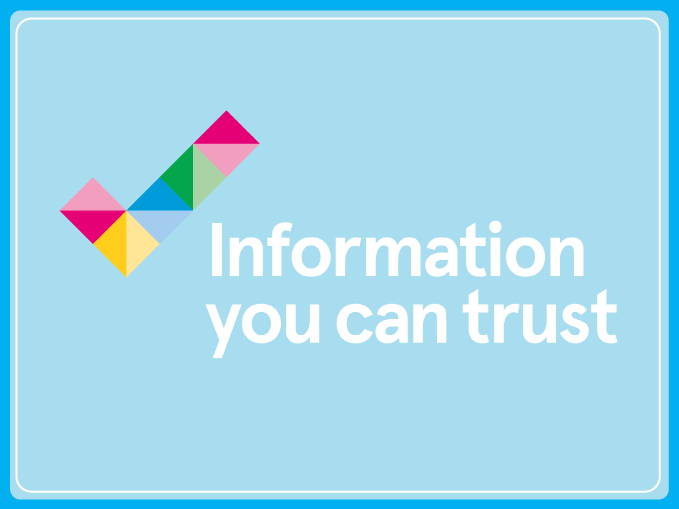You consume information in lots of different ways every single day, at school, college, university, in the workplace, online, through the TV, radio and from friends and family. It’s important that you have access to relevant, verified and true information and that you know what to do if you spot misinformation or fake news. Read on to find out more.
Young Scot’s Information
At Young Scot, we provide information on lots of different topics for young people aged 11 – 25 (inclusive). We do this to help inform you so that you can make decisions or take action and know all of the information that might be relevant before making that decision.
We provide information on this website, but also on Instagram, Facebook, TikTok, Snapchat and YouTube. You can also put your skills to the test through Membership and earn Young Scot Reward points by taking part in information activities, quizzes and more!
We work closely with different young people who help shape information through different Young Scot projects (if you’re interested in joining a project, visit our YSHive page). This helps to make sure that the information that is created is relevant to you.
In 2022, we have been awarded the European Youth Information Quality Label. This shows that every time we create a piece of information, like on our website or a post on Instagram, we have a process that helps to make sure the information we provide is correct, accurate, unbiased, accessible and reliable.
What does unbiased mean? It means that information is impartial, fair and doesn’t support one view or perspective. The information is balanced.
That means that you can trust the information that is created because we have researched the information. We’ve looked at lots of different sources or pieces of information, to check if it’s correct and verified. We may have also worked with partners or experts to understand the topic in more detail as well.

You will start to see the above logo more often, as it shows that you can trust the information that you’re reading, looking at or listening to.
We have information on lots of different things, for example:
- Our AyeFeel page has information about mental health and wellbeing, sharing information about how you can look after your mental health, what organisations can support you and where to go for further support.
- Our DigiKnow page has information about being online and staying safe.
- Our That’s Not OK page has information about gender-based violence, including different types of gender-based violence, where to get support and what a healthy relationship is.
- Our Money and Me page has information about managing money and finances, including information about budgeting, saving, reading your payslip and much more.
If you would like information on a topic that we haven’t covered or would like to share feedback with us, we would love to hear from you. Please email contents@young.scot to share your ideas.
What is fake news?
You may have heard the term ‘fake news’, or even seen some misinformation yourself.
Fake news can be scary and make you believe negative things about the world which aren’t true. It often spreads hate which can have real-world consequences, so it’s important not to share stories you’re unsure about.
How do I spot fake news?
Young people have a right to fair and accurate information.
Our DigiKnow page has a useful article on how to fact-check information if you ever see something you’re not sure about.
Don’t believe everything you read on social media
Social media is a hotspot for fake news and it’s important to separate the fact from the fiction. If you see something you’re unsure about, make sure to check the sources or ask an adult.
If you see something you think isn’t true, or offensive, report it through the social media site. There is usually a ‘false news’ option on all the main social media sites when you are reporting content.
If you feel unsure about anything you read, speak to an adult you trust to see if they can help you. If you’d like to read more about digital literacy or being cyber resilient check out our DigiKnow page.
Visit the Activate Your Rights homepage to find out more about your rights.

